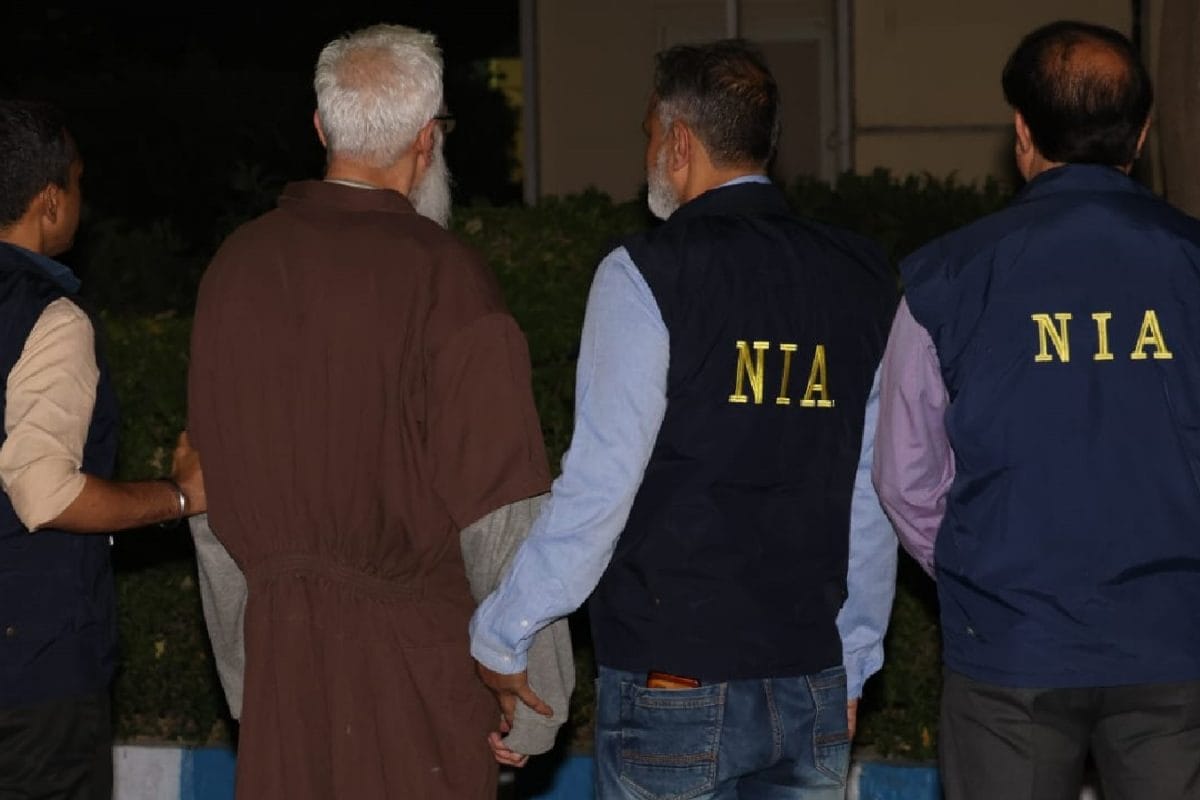

A Delhi court has granted Tahawwur Hussain Rana, an accused in the 2008 Mumbai terror attacks, permission to make a phone call to his family. The Patiala House Court, presided over by Special Judge Chander Jit Singh, issued the order on Monday, June 9, 2025, stipulating that the call be conducted in accordance with jail regulations and under the strict supervision of a senior official from Tihar Jail.
The court's decision comes after Rana, who is currently lodged in Tihar Jail, filed a plea seeking permission to speak to his family. This plea was initially made in late May, prompting the court to seek a response from the Tihar Jail authorities regarding the feasibility and logistics of facilitating such communication. The court had previously denied Rana permission to speak with his family when he was in the custody of the National Investigation Agency (NIA).
In addition to granting the phone call, the court has also requested a comprehensive health report on Rana from the Tihar Jail authorities. This request underscores the court's concern for Rana's well-being while in custody. The authorities have been directed to clarify their stance on the possibility of regular phone calls for Rana in the future, suggesting a potential avenue for continued communication with his family, subject to the court's approval and adherence to jail rules.
Tahawwur Hussain Rana, a Pakistani-Canadian businessman and former military doctor, is a central figure in the investigation into the 2008 Mumbai terror attacks, which claimed the lives of 166 people, including six Americans. Rana's extradition to India from the United States on April 10, 2025, marked a significant milestone in the pursuit of justice for the heinous crime.
Following his extradition, Rana was initially placed in NIA custody for interrogation and further investigation. The NIA sought to unravel the complete conspiracy behind the attacks, focusing on Rana's alleged role in facilitating the activities of David Headley, a key conspirator in the Mumbai attacks. Headley, a Lashkar-e-Taiba operative, conducted reconnaissance and planning operations for the attacks at the behest of LeT chief Hafiz Saeed.
The NIA has accused Rana of criminal conspiracy, waging war against the government of India, murder, forgery, and offenses under the Unlawful Activities (Prevention) Act. The agency alleges that Rana played a crucial role in the attacks by assisting Headley in procuring visas and creating a false identity, enabling him to travel to India and gather intelligence for the terrorists.
Rana's legal journey has been a protracted one, marked by challenges to his extradition and persistent denials of the charges against him. Despite being acquitted of direct participation in the Mumbai attacks by a U.S. court in 2011, he was convicted of providing material support to terrorism, including assisting Headley in planning the Mumbai and Copenhagen attacks. He was sentenced to 14 years in prison in 2013 but was released in 2020 on health grounds after contracting COVID-19. He was re-arrested later that year following India's extradition request.
The recent court order allowing Rana to speak to his family, albeit under strict supervision and for a limited time, offers a glimpse of humanity amidst the legal proceedings and the gravity of the charges against him. It also highlights the court's consideration for his well-being while ensuring that jail regulations and security protocols are maintained.